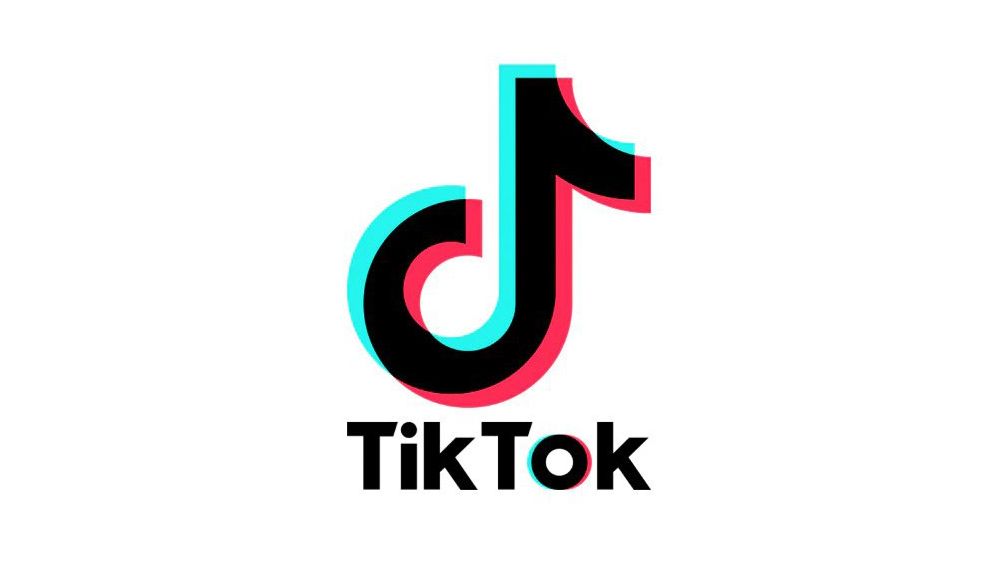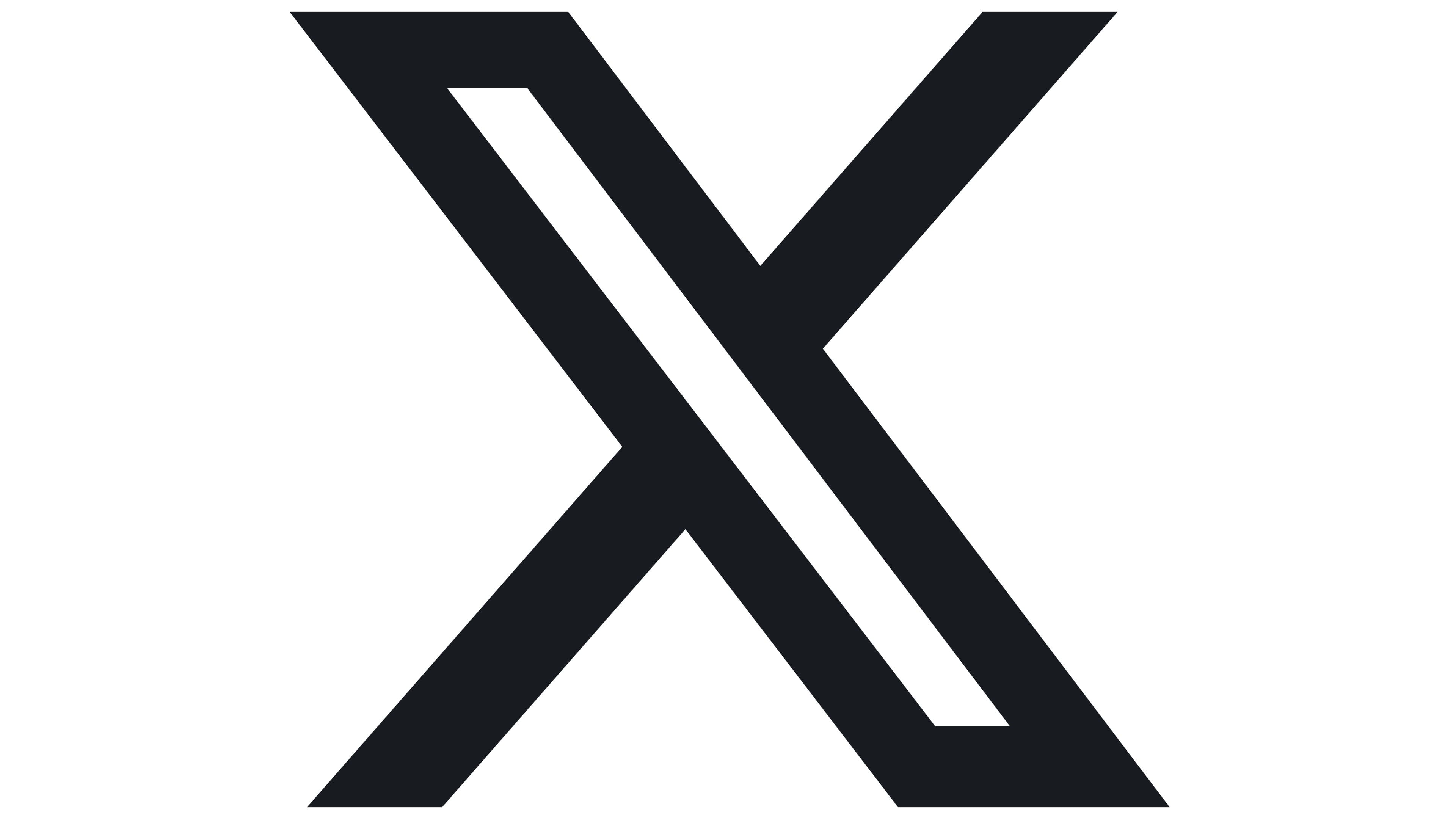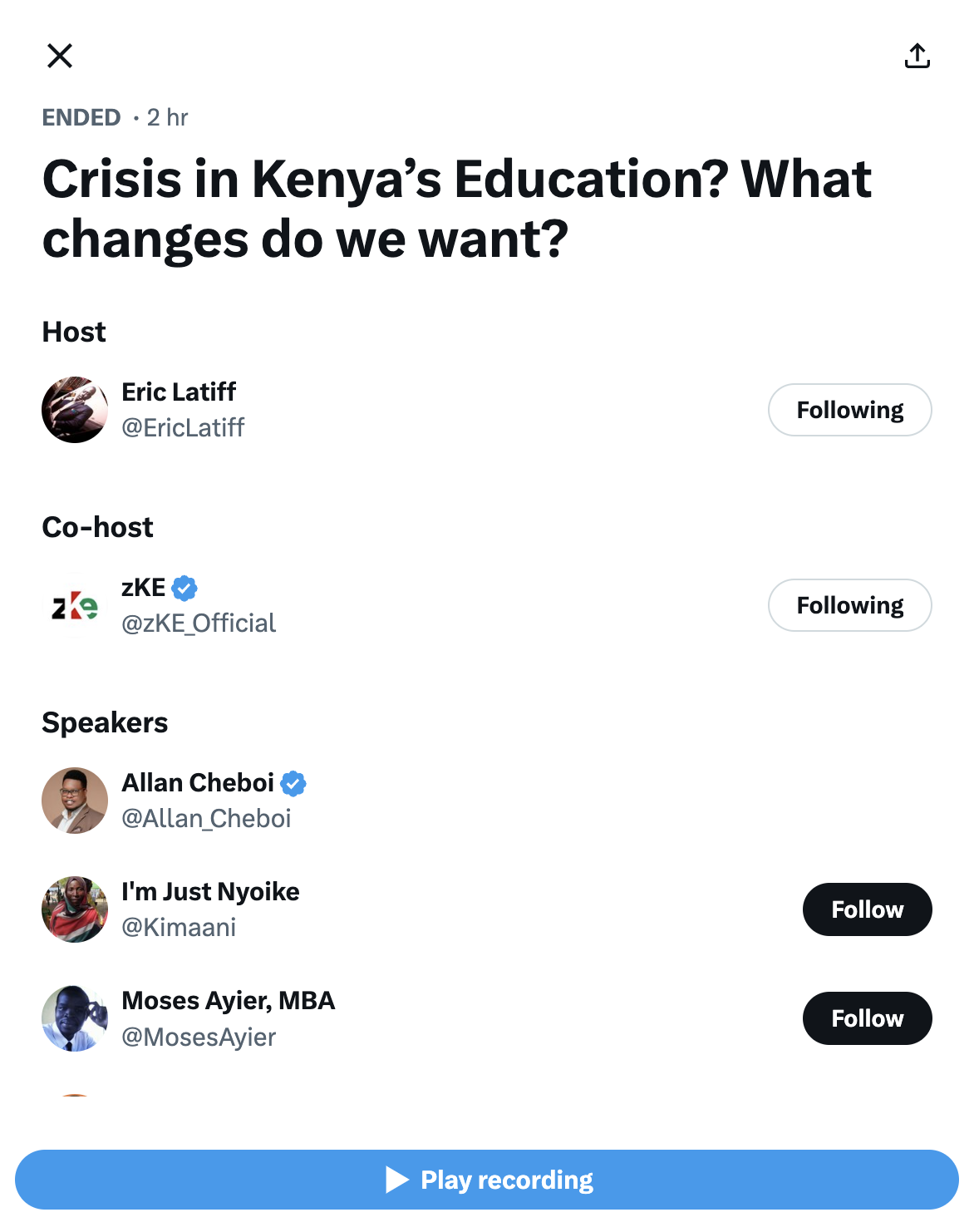What changes would you like to see in the education sector to address the current education crisis?
Kenya’s education system is facing significant challenges, including the strained implementation of the Competency-Based Curriculum (CBC) due to inadequate teacher training, limited resources, and infrastructure deficits. Funding shortages have left public schools overcrowded and under-resourced, while teacher shortages exacerbate the demands of the CBC. Access and equity remain pressing issues, with low-income families and girls disproportionately affected, often due to inadequate support systems like menstrual health. Additionally, school safety concerns, highlighted by incidents such as fires, further undermine the quality of education. Addressing these issues is essential to ensuring a more inclusive and effective education system in Kenya.
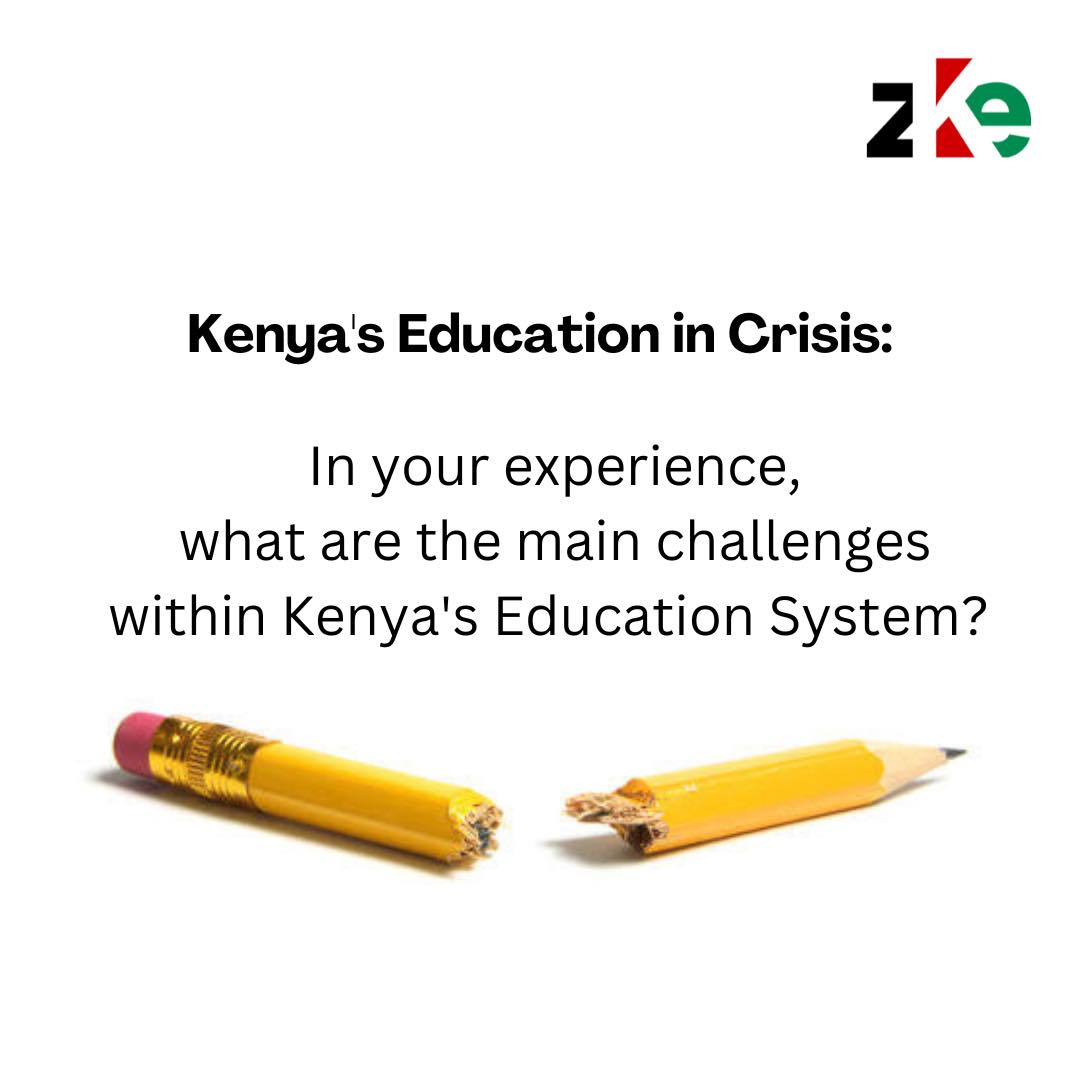
Kenya’s government faces several challenges in addressing the education crisis:
- Public schools do not have enough money, leading to overcrowded classrooms and a lack of basic learning materials. 💰📚
- There are not enough trained teachers, which makes it difficult to manage the new education requirements. 👩🏫👨🏫
- Many schools do not have enough facilities, like classrooms or proper equipment, to support learning. 🏫🪑
- Delays in rolling out education changes have caused confusion and disruptions for students and teachers. ⏳❌
- Resources are not shared equally, leaving students in poorer communities with fewer opportunities for quality education. ⚖️📉
We recognised that the voices of the youth was needed to shape this critical conversation! zKe conducted a series of consultations with the youth both offline (through public youth Barazas), on radio/ TV and on digital spaces including on zKe social media channels, on X spaces and using deliberative technologies such as Pol.is.
Youth Barazas
zKe conducted a series of in-person youth Barazas/ assemblies in five representative counties in Kenya, including Homabay, Nairobi, Nakuru, Kitui, and Mombasa. A total of 151 representative youths from these counties discussed the education crisis.
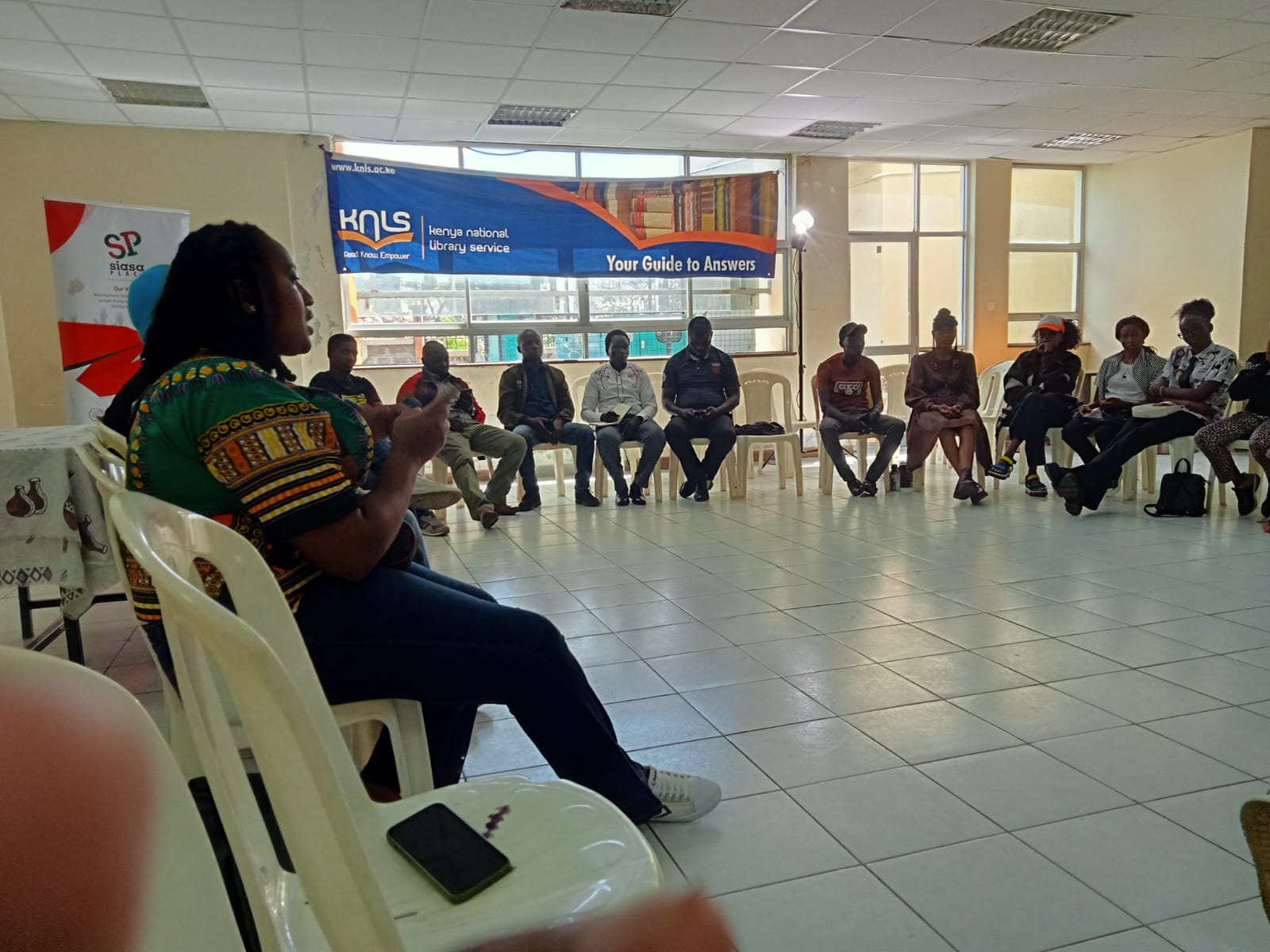
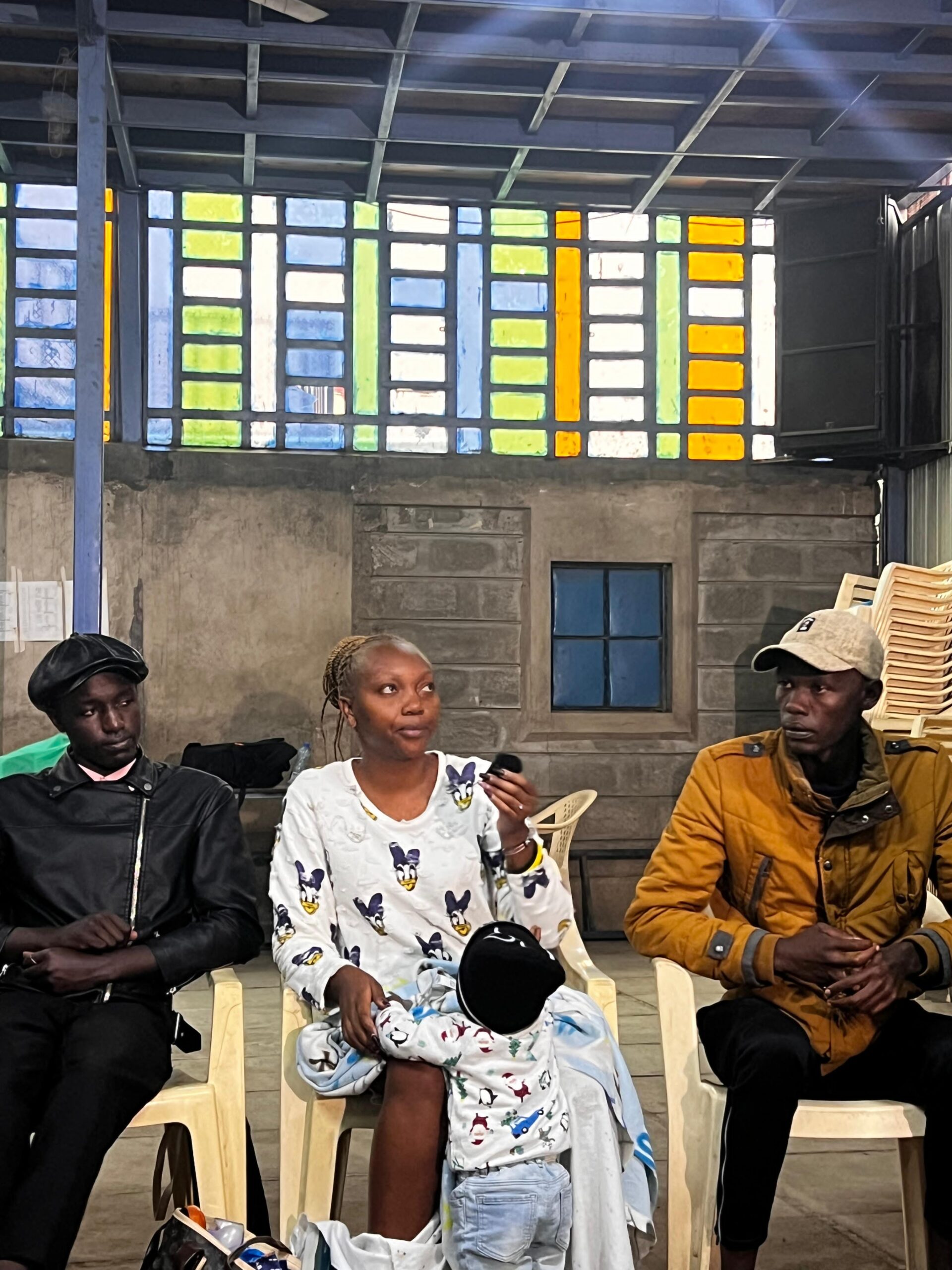
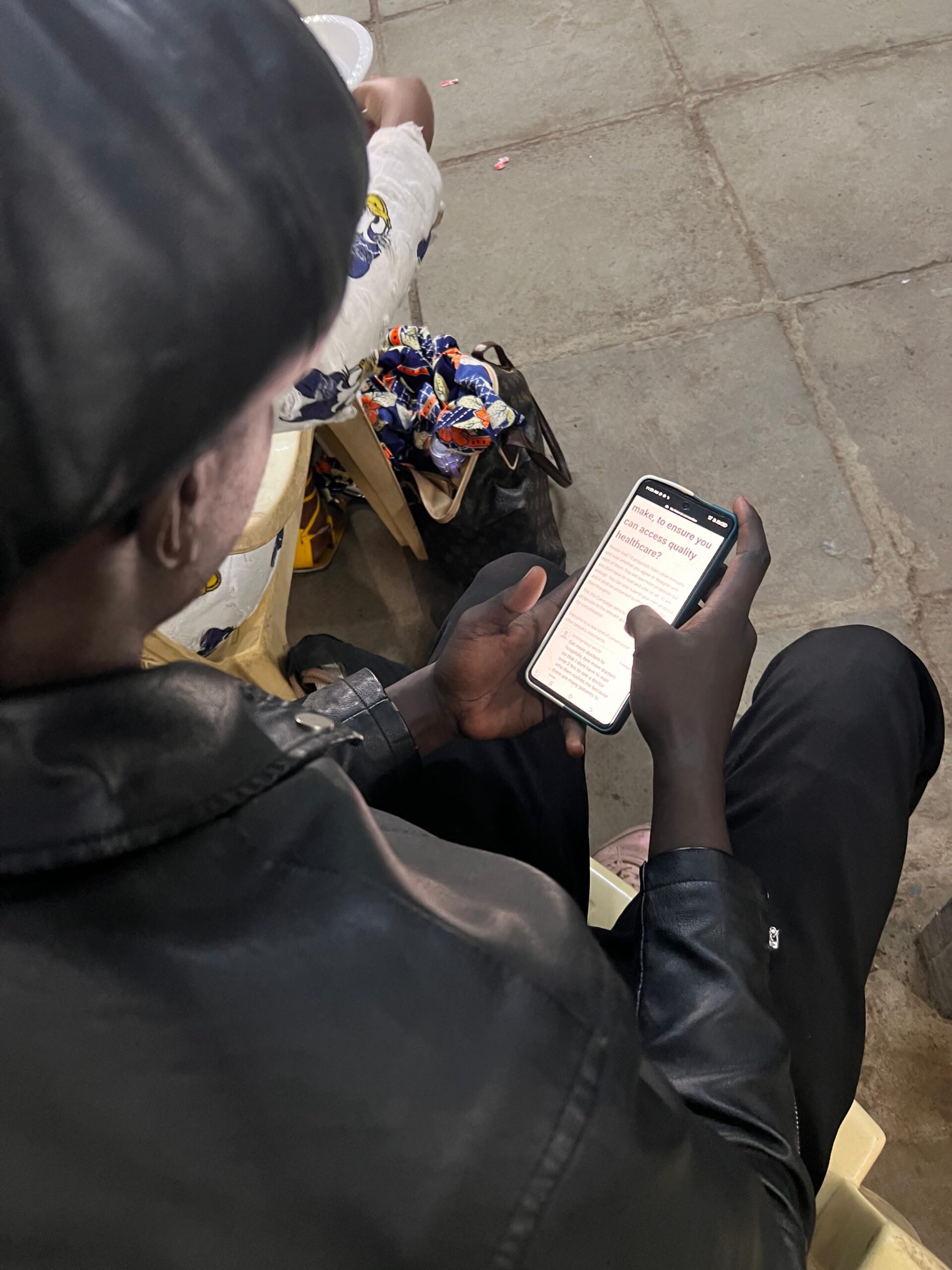
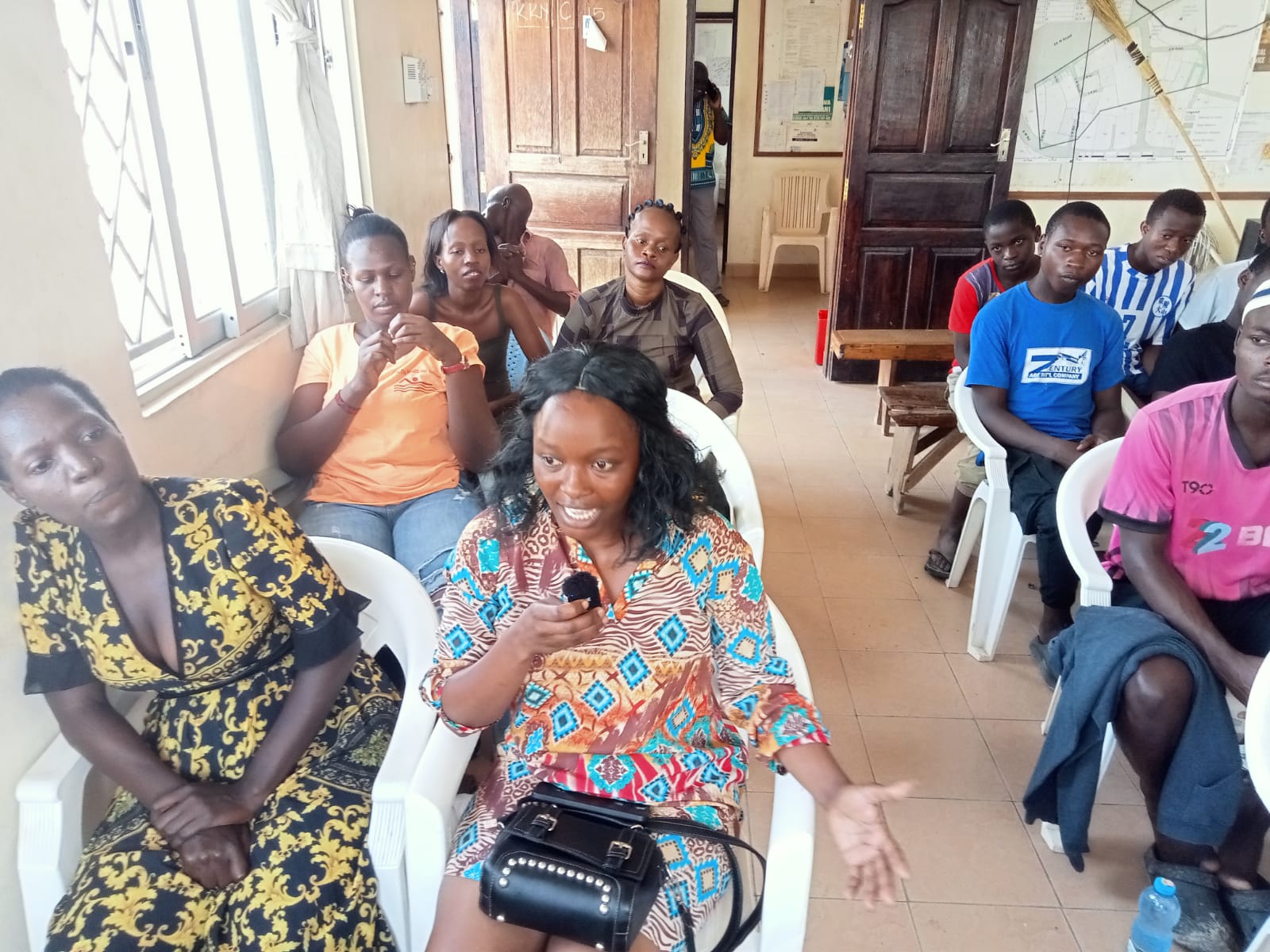
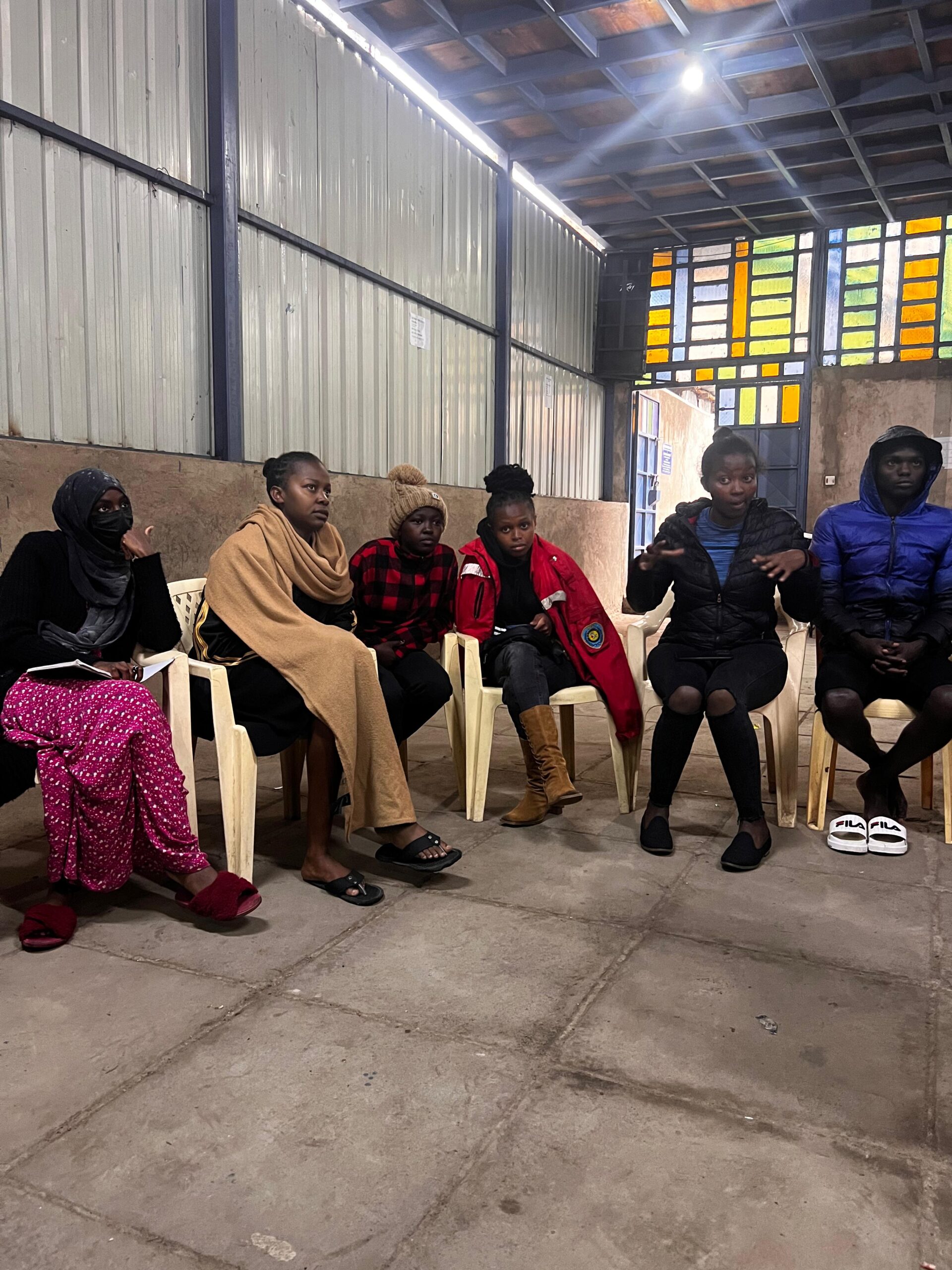
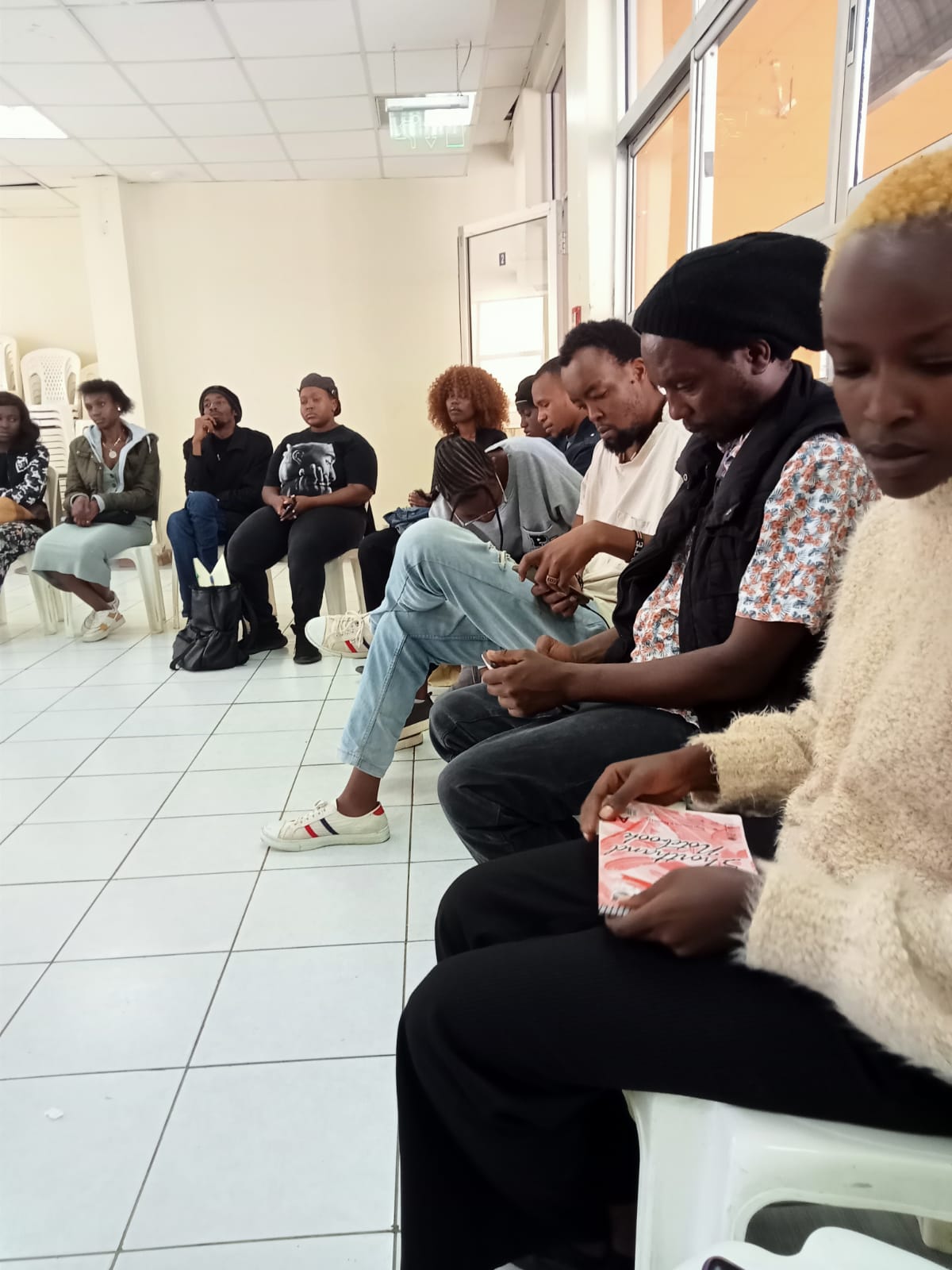
Digital Consultations
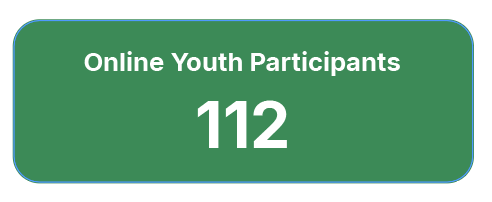
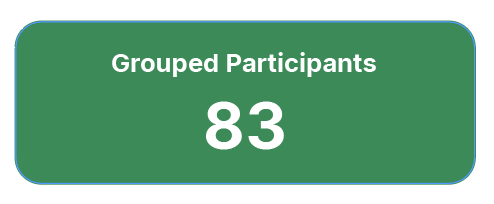
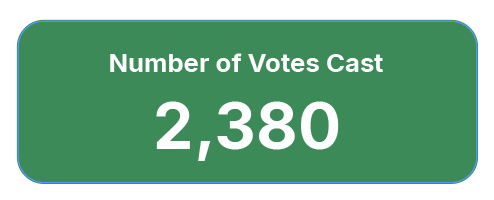

From the total of 56 participants, the majority, representing 66%, identified as young people belonging to Generation Z.

The results of the online conversation show us that the conversation highlighted that the key solution is to make education affordable or even free, as this reflects the pressing need for equitable access to learning opportunities in a heavily taxed society, ensuring that no Kenyan is left behind due to financial barriers.
Note: The pol.is platform allows us to identify both the statements that received the highest number of agreement or disagreement votes and the statements with the highest or lowest group informed consensus. In summary, group informed consensus is a measure of how favorably a statement is viewed by people who otherwise disagree with each other. Statements with high group informed consensus scores (we’ll call these “consensus statements”) are often those that bring everyone together across dividing lines; statements with low group informed consensus scores (we’ll call these “divisive statements”) are often those that are likely to be most divisive because they have strong agreement from one group and strong disagreement from another group. Please see the notes at the end for a more detailed definition of group informed consensus and how this differs from majority voting.
Most Consensual statements
The youth reached a 60% consensus emphasising that education in Kenya should be affordable or free, accessible in all areas, inclusive of digital skills, and designed to equip learners with relevant opportunities and future-focused skills, ensuring it meets the needs of today and the next decade.
💡 The most consensual views in the conversation included:
- Education should be made affordable for everyone or even free since the Kenyans are taxed so so much
- Our Education should address the skills and opportunities that are needed not only today, but 10 years from now
- Digital skills to be included in the curriculum for learners to have upper hand experience in the working world
- Education should be accessible in all areas and part of the world…even in the most deserted and semi arid areas…and be affordable.
- The education should be easy to access , affordable and should give the learners the opportunity to express their views
Most divisive statements
The most divisive statement reflects differing opinions on the value of formal education under the Competency-Based Curriculum (CBC), with some arguing that vocational training and early practical skills like farming or technical work are more beneficial than the current schooling system.

All the statements/ views can be accessed here.
X Space Conversation
zKe hosted a live conversation on X with the youth to …
Social Media Engagement
Below are some of the engaged content from zKe on the Tax Laws (Amendment) Bill 2024 on different platforms:
